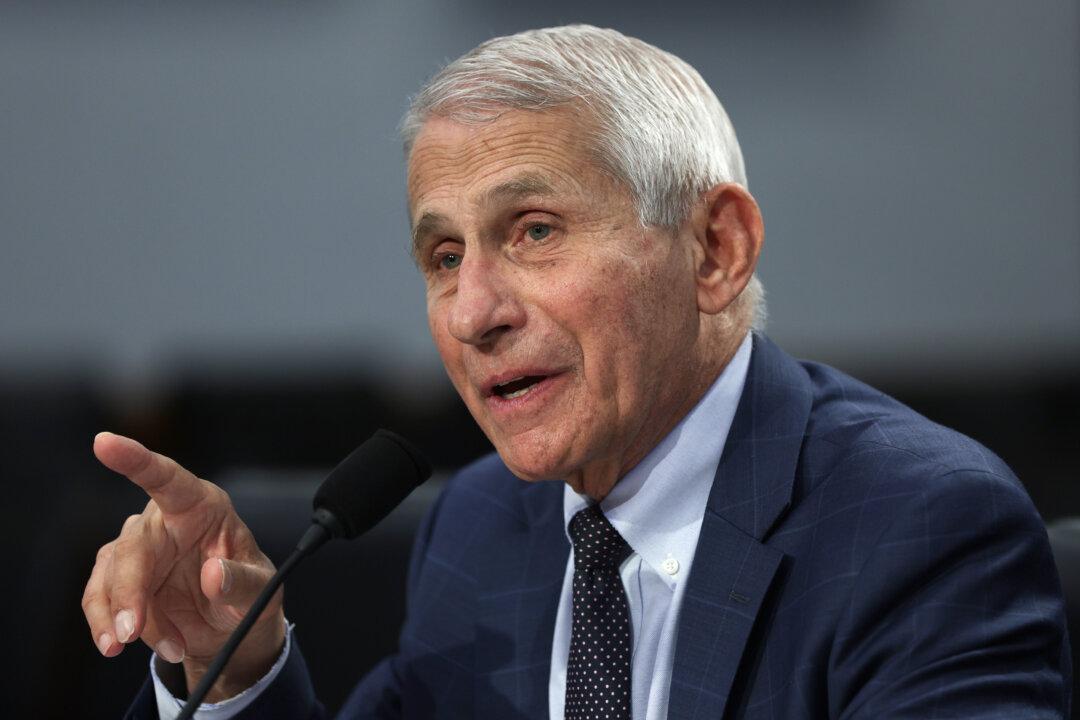A top U.S. health official on Sept. 6 said that COVID-19 vaccines could turn into a yearly shot, similar to the annual recommended influenza vaccine.
“It is becoming increasingly clear that looking forward with the COVID-19 pandemic, in the absence of a dramatically different variant, we likely are moving towards a path with a vaccination cadence similar to that with the annual influenza vaccine, with annual updated COVID-19 shots matched to the currently circulating strains for most of the population,” Dr. Anthony Fauci, President Joe Biden’s chief medical adviser and the longtime director of the National Institute of Allergy and Infectious Diseases, told a virtual briefing.





